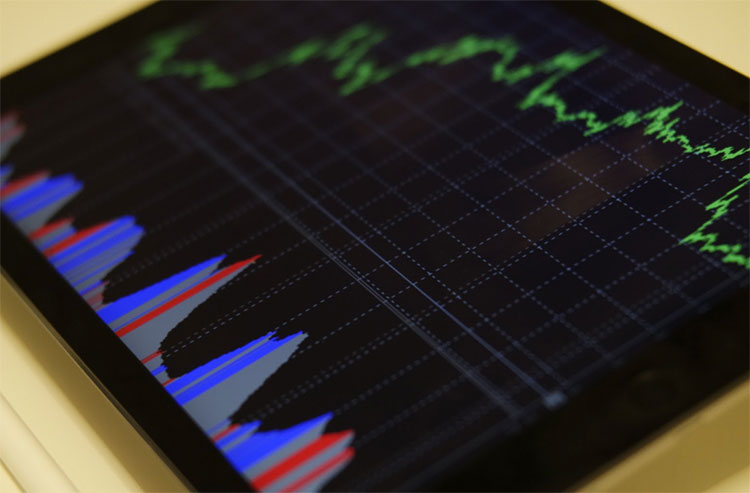
Regulations have always had a place in pretty much everything we do. One of the main functions of national and international governments is the establishment of bodies and rules that make laws guiding ventures and activities, much more so when it relates to money and finances. And who could blame them? Money does make the world go round (and gravitational pull, but also money). For this reason, the financial markets are usually embroiled in the keenest of regulatory moves. However, the advent of technology and the fast pace of advancements in the global economy makes it very difficult to do so. This piece will be using the biggest and most important financial market as a regulatory case study. Thus, let us look at key forex concepts and regulations on how to trade in the forex market.
The Forex Market
To refresh our memories, let us take a quick view of the forex market and how to trade forex. The forex market, short for the Foreign Exchange Market, is the global medium for currency jurisdictions to access other currencies. Simply put, it allows you to access foreign denominations that are ordinarily not accessible or in use in your country. This can be done for several purposes, such as hedging against inflation and obtaining foreign currency for international trade. However, one of the most popular reasons to engage in forex trading is the opportunity to make profits. This would involve traders anticipating movements in a currency’s exchange rate and subsequently buying or selling for a profit.
Participants in the Forex Market
For the many reasons to learn how to trade forex and actively engage in it, some of which have been highlighted above, it is no surprise that there are many actors engaged in the forex market. These include:
- National Governments: Many countries have their separate currencies minted by the central banks. However, it is not the case that they only deal with that currency. It is pivotal for nations to have foreign reserves for them to perform other activities, such as partaking in international trade. The forex market is the go-to place for them to get foreign currencies.
- Financial Institutions: Financial institutions such as commercial and investment banks also partake in forex trading for a variety of reasons. For instance, there are customers that have their own foreign exchange needs met by their banks. Thus, the banks have to trade on the forex market to obtain the currencies to settle their clients. They also trade for other reasons, such as hedging.
- Big Companies: Several big companies, trading pools, and hedge funds also trade actively in the forex market. These could be for reasons that include making profits, diversifying portfolios, and hedging.
- Private Traders: These are individual and retail traders. They can trade for many of the reasons mentioned above, but often for making profits.
Reasons for Regulating the Forex Market
There exists a variety of reasons for which the forex market is regulated. These reasons influence the rules put in place by the regulatory bodies as regards how to trade forex and how their compliance is enforced. Very often, each class of participants would be considered with regulations being tailored to their needs. It is usually the case that the less powerful participants are protected by more regulations than the more professional classes.
- Security: This is paramount in forex trading. Regulations ensure that every market participant, especially private traders, can partake in the market with a degree of security. This includes verifying and licensing brokers before they can provide services to traders. Thus, traders can consider a broker’s verification status to determine whether or not to trade with them.
- Risk: Trading in the forex markets usually comes with risks equivalent to its rewards, and maybe even more. Regulations can be put in place to ensure that traders do not take on risks they would not be able to handle. This is to protect traders with smaller portfolios or those that do not know how to trade forex from going into trades that would put them in difficult positions. For instance, these rules could place restrictions on leverage to ensure traders take on risk proportional to their portfolio size.
- Transparency: Regulations are also integral to ensuring transparency in the forex market. It requires brokers to disclose relevant information to their clients to ensure their decisions are well-informed. The regulations may also include audit and capital requirements that ensure that clients can know the financial status of the broker expediently and also be sufficiently reimbursed in case of bankruptcy.
Forex Market Regulatory Bodies
To hit the nail on the head, there is no central regulatory body regulating the forex market, or how to trade forex. Countries and international organizations are usually careful about regulatory actions on the market because they would not want to restrict the free flow of trade. However, they are also compelled to do so anyway to ensure the market is safe, which has led to regulatory activities from country to country. Some bodies tasked with developing and enforcing these regulations include;
- The Federal Financial Supervisory Authority in Germany.
- The Swiss Market Supervisory Authority in Switzerland.
- The UK Financial Services Authority in the United Kingdom.
- China Securities Regulatory Commission in China.
- US Securities and Exchange Commission in the United States.
It is worth knowing that there are many more across various countries around the world, and some countries have several authorities that perform regulatory duties on the jurisdiction’s forex market. For this reason, forex regulations and how to trade forex may vary across jurisdictions. Thus, it is important to verify which jurisdiction your broker is registered in, as the decentralized and digital nature of the market has broken international barriers.
related post
related store
TBD

Leave a Reply